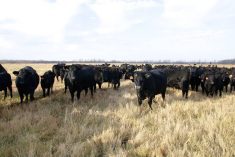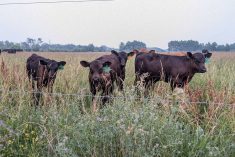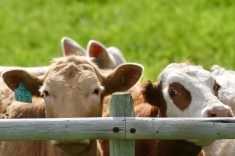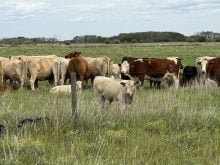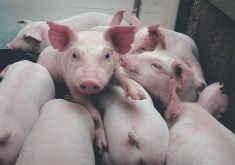RENO, Nev. – Trying to prepare for country-of-origin labelling legislation in the United States is like being on an airplane waiting to land.
The labelling law is part of the country’s farm bill, but all preparatory work is stalled as Congress continues to tinker with the bill, says Bruce Knight, U.S. agriculture undersecretary for marketing and regulatory programs.
His problem, he told the National Cattlemen’s Beef Association convention in Reno, Nevada, is that a statutory directive from Congress says COOL must be enforced by Sept. 30.
Read Also
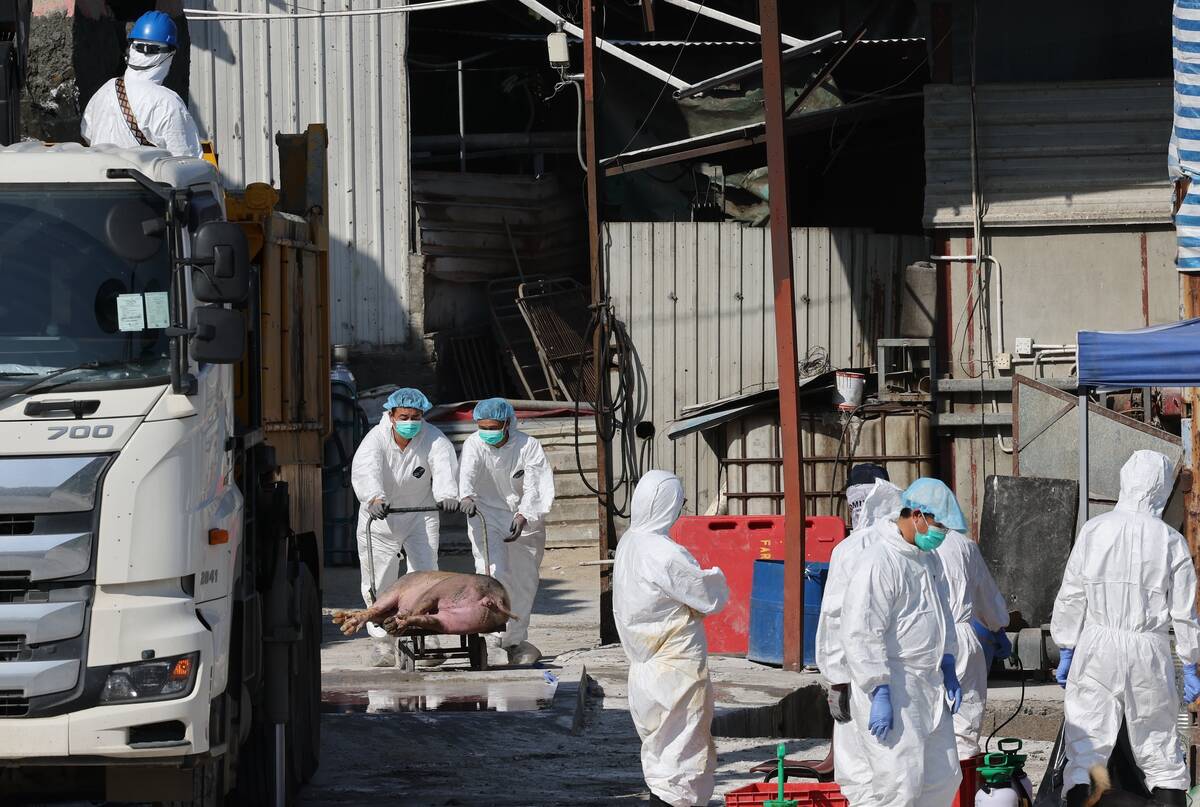
Mixed results on new African swine fever vaccine
The new African swine fever vaccine still has issues, but also gave researchers insight into how virus strain impacts protection against the deadly pig disease.
Until the bill is completed, regulatory staff cannot do a cost-benefit analysis or write regulations.
However, Knight said he is telling producers they should tag their calves when they are born this spring so they can prove they were born and raised in the U.S. when COOL becomes law.
Congress has added poultry, goats, honey, macadamia nuts and ginseng to the list of products that must be labelled at the retail level.
The delays and changes to the bill are making COOL more complex and creating uncertainty in the marketplace, especially among retailers who must sort out requirements on time.
Knight also said this legislation is one of the most burdensome of any passed as far as international trade is concerned.
“Country-of-origin will have an impact on our trading relationships with our two most important trading partners, Canada and Mexico,” he said.




